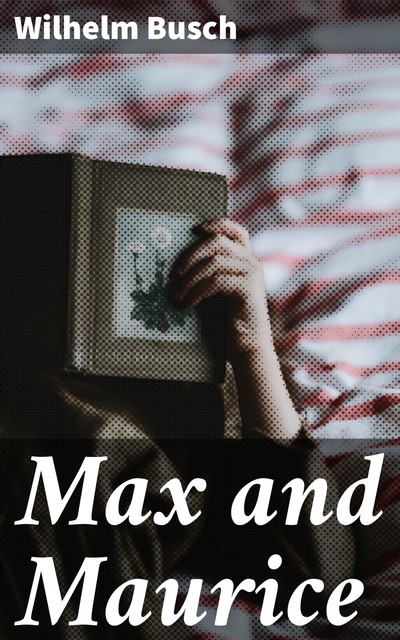In “Max and Maurice,” Wilhelm Busch presents a captivating and satirical tale of two mischievous boys whose antics lead to a series of humorous yet cautionary events. Characterized by its engaging rhyming verses and lively illustrations, the book marries a traditional fairy tale structure with moralistic themes reflective of the late 19th century. The juxtaposition of whimsical narrative and stark warnings about childhood misbehavior underscores the darkly ironic tone that is pervasive throughout the text, situating it within the rich tapestry of German literature's fables and folk tales. Wilhelm Busch (1832–1908) was a pioneering German humorist and caricaturist whose distinctive approach to storytelling laid the groundwork for later comic narratives. His own experiences of childhood and his observations of society inspired the creation of “Max and Maurice,” which critiques both the innocence and inherent mischief of youth. With his artistic background, Busch merges visual and literary elements to create an enduring work that resonates with readers of all ages. For those interested in a blend of humor, moral lessons, and artistic flair, “Max and Maurice” is an essential read. Its enduring charm and the wit of Busch invite readers to reflect on the consequences of mischief while indulging in the playful rhythms of the text. This volume is not only a staple of German literature but a timeless reminder of the joy and folly of childhood.


